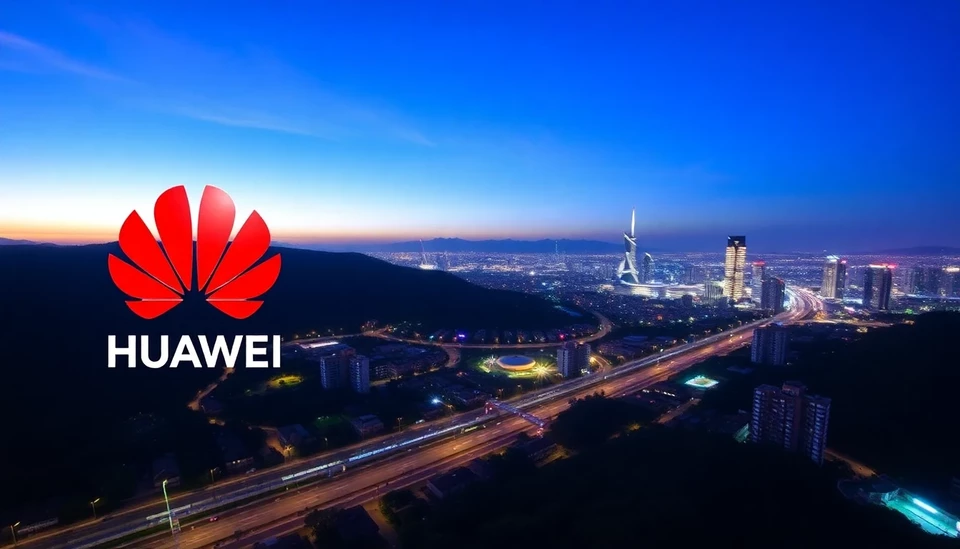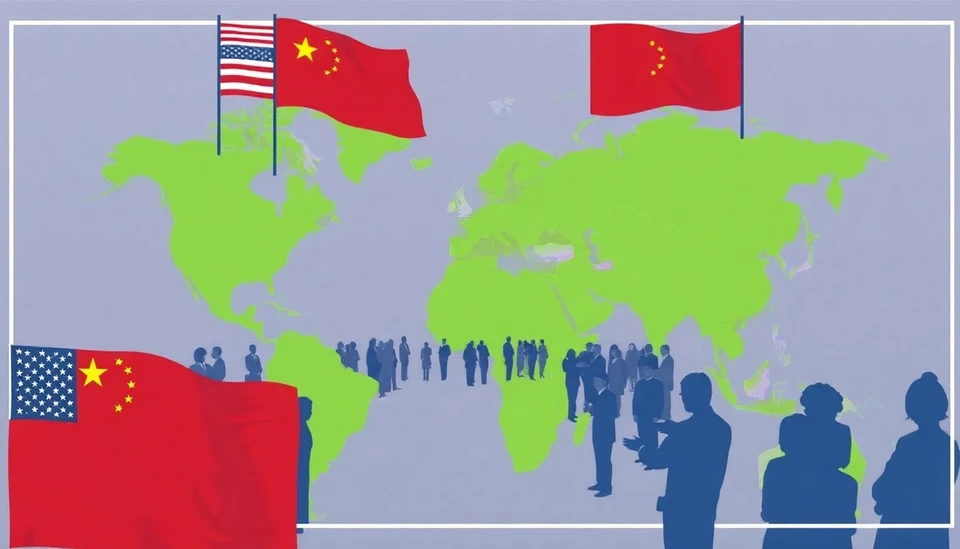
In a significant development in the automotive technology sector, Huawei has initiated an ambitious expansion into the smart driving market. This move not only aims to bolster Huawei's portfolio but also intensifies the competitive landscape, drawing the attention of regulators and industry experts alike. The prominent Chinese technology company has long been known for its advancements in telecommunications; however, its foray into smart driving solutions represents a strategic pivot that could reshape the future of transportation.
Huawei's ambitious undertaking includes the introduction of cutting-edge smart vehicles equipped with advanced autonomous driving technologies. The company is leveraging its prowess in artificial intelligence (AI) and big data to enhance vehicle performance and safety features. With a focus on seamless connectivity and user experience, Huawei is positioning itself as a significant player in the highly sought-after smart driving space, previously dominated by traditional automotive giants and tech firms like Tesla.
One of the cornerstones of Huawei's strategy is the development of a robust intelligent vehicle infrastructure. The company is investing heavily in creating an ecosystem that integrates smart vehicles with enhanced connectivity features. This includes leveraging 5G technology, which promises real-time data exchange between vehicles and cloud systems, enabling safer and more efficient road usage. Huawei's push into this arena is not just about manufacturing cars; it aims to redefine the automotive experience with a tech-centric approach.
As Huawei steps further into the automotive field, the expansion has sparked concerns about potential regulatory scrutiny. Industry insiders worry that the aggressive push could lead to a market environment rife with competition, elevating issues related to consumer safety and privacy. Regulators worldwide are already watching closely, considering how Huawei's access to vast amounts of driver data could raise security and data protection concerns.
Moreover, the geopolitical climate adds another layer of complexity to Huawei's ambitions. With ongoing tensions between the United States and China, Huawei's expanded role in the global automotive sector may face additional hurdles. Critics argue that the company’s ties to the Chinese government could lead to greater scrutiny from international regulatory bodies regarding data privacy and national security. This political atmosphere may impact how Huawei's products are received in western markets.
Market analysts view Huawei's foray into smart driving as a double-edged sword. While it brings forth technological innovation and the promise of advanced vehicle functionalities, it also raises questions about the implications for competition and regulatory compliance. Established automakers will be compelled to adapt and innovate in response to Huawei's advancements, potentially leading to a rapid evolution of the smart vehicle market.
In summary, Huawei's strategic expansion into smart driving represents a transformative moment not only for the company but for the automotive industry as a whole. As the landscape evolves, stakeholders across various sectors must monitor how this ambitious venture unfolds, as it could redefine transportation standards, regulatory frameworks, and the competitive dynamics of the smart driving market.
#Huawei #SmartDriving #AutonomousVehicles #5G #Technology #RegulatoryScrutiny #AutomotiveIndustry #Innovation
Author: Megan Clarke

